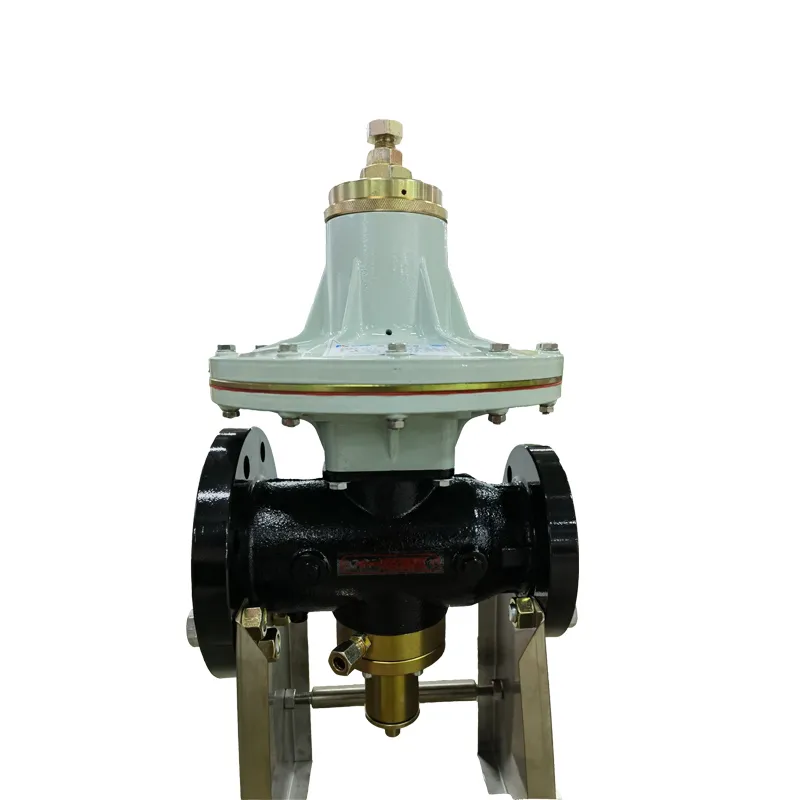
Sep . 10, 2024 07:46
Back to list
Gas Filter Separator - Enhance Efficiency and Reduce Contaminants
The Role of Gas Filter Separators in Industrial Applications
Gas filter separators are crucial components in various industrial processes, particularly in the oil and gas sector. Their primary function is to separate gas from liquid and solid contaminants, ensuring that the gas that is processed or transported is clean and free of impurities. This is essential for the efficiency and longevity of equipment, as well as for compliance with environmental regulations.
.
One of the critical aspects of gas filter separators is their design. They are usually cylindrical vessels equipped with inlet and outlet lines for gas and liquid, as well as various filtering elements inside. The separator's design ensures that when the gas enters, it slows down, allowing heavier liquids and solids to settle at the bottom. Different types of filter media can be used to capture fine particulates, enhancing performance and efficiency.
فاصل مرشح الغاز

Moreover, the operational efficiency of gas filter separators can significantly impact the overall productivity of gas processing facilities. A well-functioning separator reduces downtime associated with maintenance and repairs. It can also lead to improved energy efficiency, as purer gas allows for better combustion rates and reduces the risk of unplanned shutdowns caused by contamination.
Regular maintenance and monitoring of gas filter separators are vital to ensure they operate at optimal levels. Over time, filter elements can become clogged, and the efficiency of the separation process may decline. Therefore, operators must implement routine checks and replace filter media as needed to maintain performance.
In conclusion, gas filter separators are indispensable in the gas processing industry. They not only enhance the quality of gas output but also contribute to the reliability and efficiency of industrial operations. As the demand for clean energy grows, the importance of effective separation technologies will only increase, highlighting the need for ongoing innovation in gas processing solutions.
Latest news
-
Safety Valve Spring-Loaded Design Overpressure ProtectionNewsJul.25,2025
-
Precision Voltage Regulator AC5 Accuracy Grade PerformanceNewsJul.25,2025
-
Natural Gas Pressure Regulating Skid Industrial Pipeline ApplicationsNewsJul.25,2025
-
Natural Gas Filter Stainless Steel Mesh Element DesignNewsJul.25,2025
-
Gas Pressure Regulator Valve Direct-Acting Spring-Loaded DesignNewsJul.25,2025
-
Decompression Equipment Multi-Stage Heat Exchange System DesignNewsJul.25,2025

